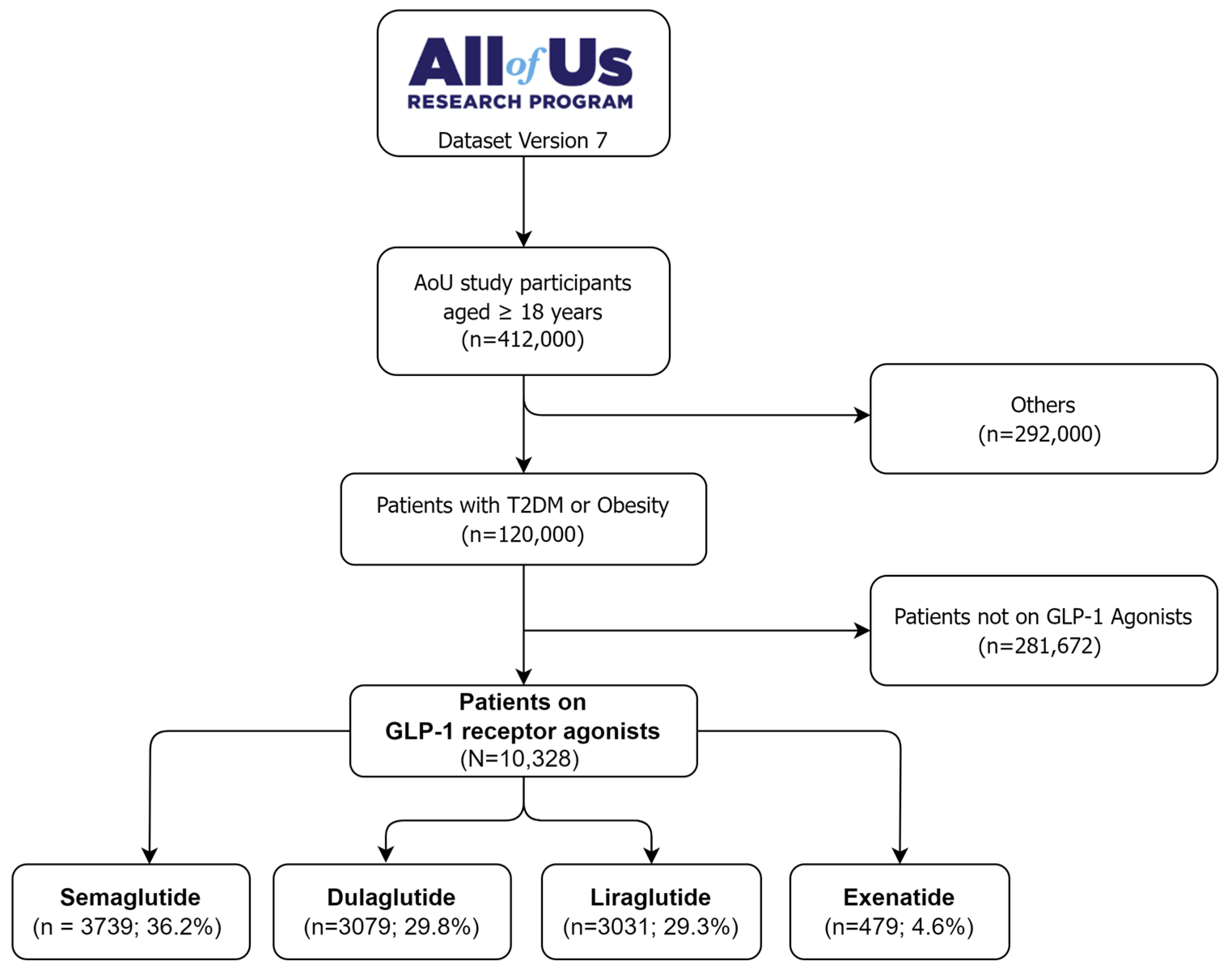Are GLP1 side effects all the same?
Do some GLP1s have less negative side effects? They work the same, but can affect you differently -- let's look at the research.

There are many different formulations of GLP1 Receptor Agonists:
- Semaglutide (Ozempic, Wegovy, Rybelsus)
- Tirzepatide (Mounjaro, Zepbound)
- Dulaglutide (Trulicity)
- Liraglutide (Victoza, Saxenda)
- Exenatide (Byetta)
After much research, we know that they work the same way in general, but do they have different negative side effects?
Check out our quick explainer
What are the known negative side effects to expect?
We don't know everything that can go wrong when someone takes a GLP1 Receptor Agonist (whether for weight loss or type 2 diabetes), but after decades of research, we've learned some things.
- Some of the most common side effects
- Low blood sugar (common for people with type 2 Diabetes)
- Upset Stomach and related symptoms (gas, heartburn, bloating)
- Nausea
- Vomiting
- Stomach pain
- Headache
- Dizziness
- Tiredness
- Upset Stomach
- Some less common but more serious side effects
- Gastroparesis
- Pancreatitis
- Thyroid issues
Want to learn about the side effects in more depth? We've written a bit you might want to read:


That said, it turns out some formulations of GLP1 have less side effects than others. It's more like a lower likelihood of the same side effects, but let's see which ones.
But which GLP1s have less side effects?
Thankfully there's been some published research into this issue:

The analysis covers a large range of patients, with a helpful graph of the organizational method:

There's also a helpful graph of the data:

Thanks to this study, we can take a way a little information
- Dulaglutide: Higher rates of abdominal pain, constipation, diarrhea, and nausea and vomiting compared to semaglutide.
- Liraglutide: Highest incidence of pancreatitis (4.0%) and higher odds of abdominal pain, nausea and vomiting, and gastroparesis compared to semaglutide.
- Semaglutide: Lower rates of abdominal pain, constipation, diarrhea, and nausea and vomiting compared to dulaglutide and liraglutide.
- Exenatide: Lower rates of gastrointestinal adverse events compared to dulaglutide and liraglutide, and appeared safer overall except for gastroparesis.
More research is still needed, and the researchers call out that need themselves.
So which GLP1 should you take?
The short answer is to ask your doctor, and work with them as you figure out what works and doesn't work.
While the study was pretty lenient on Exenatide, it's important to know that your body is different, and could have infinitely many reasons that one drug might work better or worse for you (or possibly no GLP1s may be compatible at all!).






